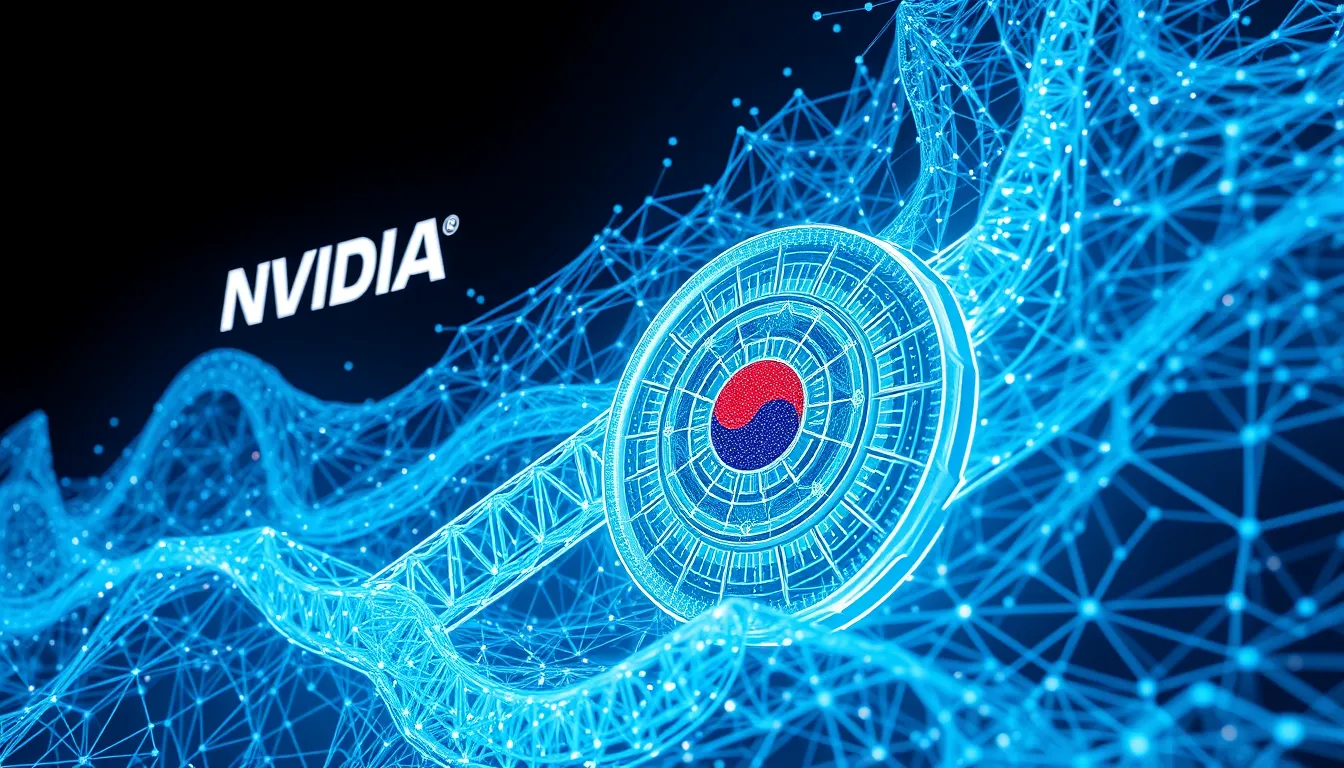Now Reading: Powerful AI in Healthcare Diagnostics: Boosting Patient Care
-
01
Powerful AI in Healthcare Diagnostics: Boosting Patient Care
Powerful AI in Healthcare Diagnostics: Boosting Patient Care

Powerful AI in Healthcare Diagnostics: Boosting Patient Care
The medical industry is experiencing a transformative shift as technology continues to lead advancement in patient care. In recent years, AI in healthcare diagnostics has emerged as a groundbreaking solution that revolutionizes medical imaging, improves diagnostic precision, and streamlines disease prediction. As healthcare providers incorporate these innovations into their practices, they are witnessing significant improvements in patient outcomes, treatment planning, and overall quality of care.
Understanding AI in Healthcare Diagnostics
AI in healthcare diagnostics refers to the use of advanced artificial intelligence technologies to interpret complex medical data and images. These technologies assist clinicians in identifying diseases earlier and with increased accuracy. By incorporating machine learning algorithms and data analytics, AI systems can analyze medical imaging, such as X-rays, MRIs, and CT scans, to detect patterns that might be overlooked by human eyes. This capability leads to timely and precise diagnoses, paving the way for more effective treatments.
How AI Improves Diagnostic Accuracy
One of the most compelling benefits of AI in healthcare diagnostics is its ability to improve diagnostic accuracy. Here are some key points that illustrate how these systems are making a difference:
- Enhanced Pattern Recognition: AI algorithms are designed to detect challenging patterns in diagnostic images, reducing human error and increasing consistency.
- Faster Turnaround Times: Automated diagnostic processes enable quicker analysis, ensuring that critical results are delivered to healthcare providers in record time.
- Data-Driven Decisions: By analyzing large volumes of medical data, AI tools support evidence-based decision-making, which is crucial in emergency and high-stakes scenarios.
For example, when exploring how AI improves diagnostic accuracy, one can look at how these systems help in early detection of diseases, such as cancer. Early detection is crucial for better patient outcomes, and AI in healthcare diagnostics plays an integral role in identifying subtle anomalies that might indicate the beginning stages of disease.
Challenges and Future Directions
Despite the remarkable progress, integrating AI into healthcare diagnostics is not without challenges. Some key issues include:
- Data Privacy and Security: Ensuring the protection of sensitive patient information is paramount. Healthcare providers must adhere to strict guidelines and regulations when implementing AI technologies.
- Integration with Existing Systems: Incorporating AI tools into legacy healthcare systems requires significant investment and training, which may slow down adoption rates.
- Reliability and Bias: There is always a risk of biased algorithms if the training data is not diverse or the system is not regularly updated. It is essential for developers to continually refine these technologies to address and mitigate such concerns.
Moving forward, collaboration between technology experts and healthcare professionals is necessary to overcome these challenges. Regulatory bodies and stakeholders must work together to ensure that AI in healthcare diagnostics is implemented safely and ethically, paving the way for a future where technology and human expertise work hand-in-hand.
Real-World Applications
Several healthcare institutions have already begun to see the benefits of integrating AI into their diagnostic processes. For instance:
- Hospitals are using AI-powered imaging analysis to shorten diagnosis times and improve treatment outcomes.
- Research centers are leveraging AI to predict the progression of diseases, thereby enhancing preventative strategies and personalized medicine.
- Clinics are adopting smart diagnostic tools that assist physicians in flagging unusual patient data early on, which leads to faster, more effective responses.
Notably, companies such as OpenAI are pioneering efforts in artificial intelligence that are influencing the healthcare sector. Additionally, trusted tech giants like Google continue to support innovative solutions that bridge the gap between technological advances and practical healthcare applications.
Conclusion
AI in healthcare diagnostics is not merely a futuristic concept; it is a practical, powerful tool that is reshaping the landscape of medical care today. By enhancing diagnostic accuracy, reducing turnaround times, and supporting evidence-based decision-making, these advanced systems are making a tangible impact on patient care. As developers, healthcare institutions, and regulatory agencies work together to address existing challenges, the future of healthcare promises to be more efficient, precise, and accessible.
In summary, the integration of AI in healthcare diagnostics embodies a significant step forward in the evolution of medical technology. Whether it is through breaking down complex imaging data or facilitating early disease detection, AI is set to become an indispensable component in the quest for improved healthcare outcomes. With continuous innovation and collaboration, the potential for improved patient care and diagnostic excellence will only grow.

























